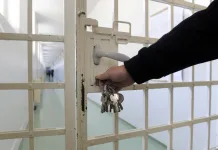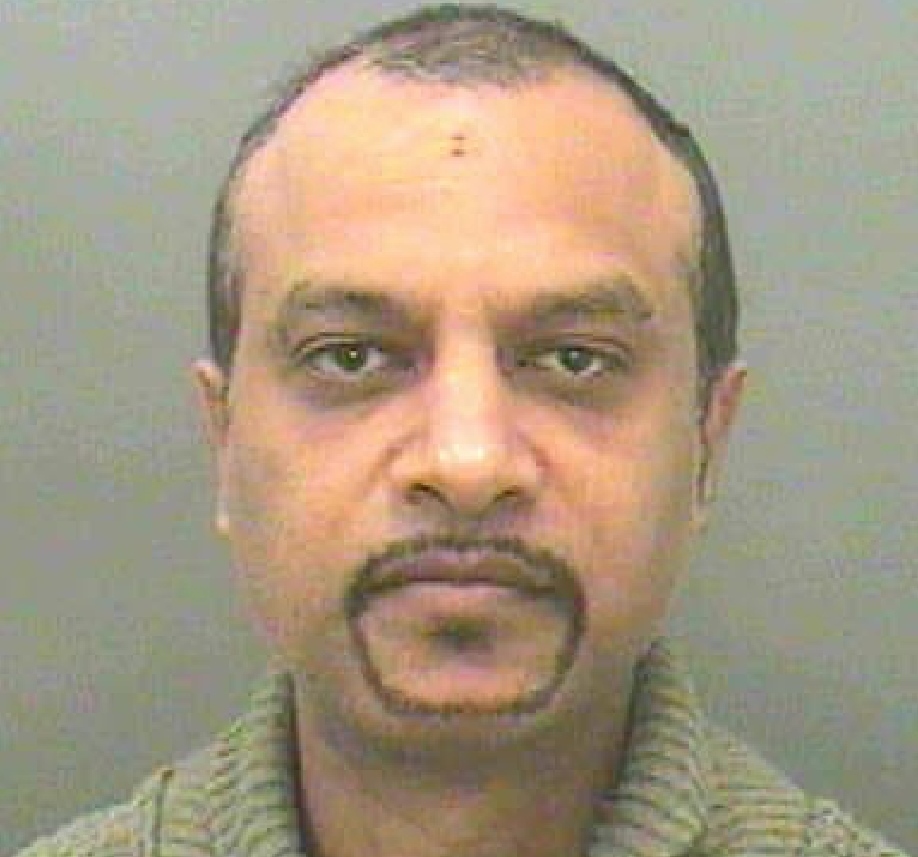
On Tuesday 3rd January, three men, including one from Coventry, have been jailed for terrorism offences.
Two of the men were planning to travel to Iraq to engage in terrorism. One of them was arrested by counter terrorism officers hiding in the back of a lorry in Dover, as he attempted to leave the country undetected.
Aras Mohammed Hamid, aged 26, of no fixed address, was found guilty of two counts of preparing for acts of terrorism following trial at Kingston Crown Court in London.
The court heard he had been pivotal in planning for himself and another defendant to travel to the conflict zone and engage in acts of terrorism.
Hamid was also convicted of having a false Bulgarian passport; he had pleaded guilty to this offence at an earlier hearing. He was sentenced to seven years imprisonment.
Shivan Hayder Azeez Zangana, aged 21, from Washington Road, Sheffield, was convicted of one offence of preparing for acts of terrorism.
He had been in contact with Hamid about going to Iraq, before travelling from Sheffield to Birmingham, where he was arrested by officers from the West Midlands Counter Terrorism Unit (WMCTU).
Aziz had claimed that he wanted to go home to Iraq but evidence proved that he had, in fact, been radicalised by Hamid and his purpose for wanting to travel was to join Daesh.
Aziz was jailed for three years.
A third man, Ahmad Ismail, aged 19, from Portwrinkle Avenue, Coventry, was found guilty of failing to disclose information about the planned travel to the conflict zone.
The court heard that Ismail’s brother, Mohammed Ismail, travelled to Syria to fight with the Daesh in 2014 and Ahmad Ismail is believed to have originally intended to travel with Hamid and Aziz, but changed his mind after concerns over his brother’s status. T
he court heard the three were arrested in May 2016 by officers from WMCTU. Ismail received an 18 month sentence.
The investigation began, when a concerned relative of Aziz made a 999 call to police in South Yorkshire, claiming he had left his home in Sheffield and was planning to leave to join a terrorist organisation.
Another relative claimed Aziz had told people who was going to sacrifice himself to God. Worried relatives told officers Aziz’s behaviour had recently changed and he had stopped going out and listening to music and was only listening to readings from the Qur’an.
Following a police investigation, which discovered Aziz had travelled by train to Birmingham, officers arrested Aziz from a residential area above a mosque in Holyhead Road, Handsworth on 17th May last year.
Also at the Birmingham address was Hamid, a Kurdish asylum seeker, who had arrived in the country in September 2015.
Although he wasn’t arrested at this point, police seized some of Hamid’s property, including a mobile phone. As a result of this, officers discovered Hamid, using facilitators in Turkey, was arranging to travel to Iraq to fight for Salahaddin Battalion, a Kurdish group fighting for Daesh.
Evidence also found Aziz was also planning to travel to the conflict zone to fight and that Ismail was known about and discussed the travel. Aziz and Hamid had booked flights to Iraq through a travel agency in Birmingham.
After the arrest of Aziz, Hamid fled Birmingham and following enquiries, was arrested on 19th May 2016 in a lay-by hiding in a lorry, near to the Port of Dover. Officers discovered Hamid had sneaked into the back of the cab while the driver was asleep and was found lying behind pallets. Ismail was arrested by counter-terrorism officers on 22nd May 2016 at his home in Coventry.
Head of WMCTU, Chief Superintendent Sue Southern, said: “As a result of enquiries, counter-terrorism investigators discovered Hamid’s instrumental role in organising travel plans for himself and Aziz for preparation for acts of terrorism. We also uncovered examples of Hamid’s extreme ideology and radicalisation and the pivotal role he played in orchestrating the travel plans for himself and Aziz.
“Evidence shows Ismail, a local student, was in contact with Hamid and was well aware of plans to travel to the conflict zone.”
Anyone concerned about someone travelling to, or returning from, Syria or another conflict zone or is worried about someone showing signs of being radicalised should contact their local police on 101 or visit www.preventtragedies.co.uk to access relevant support and advice.















